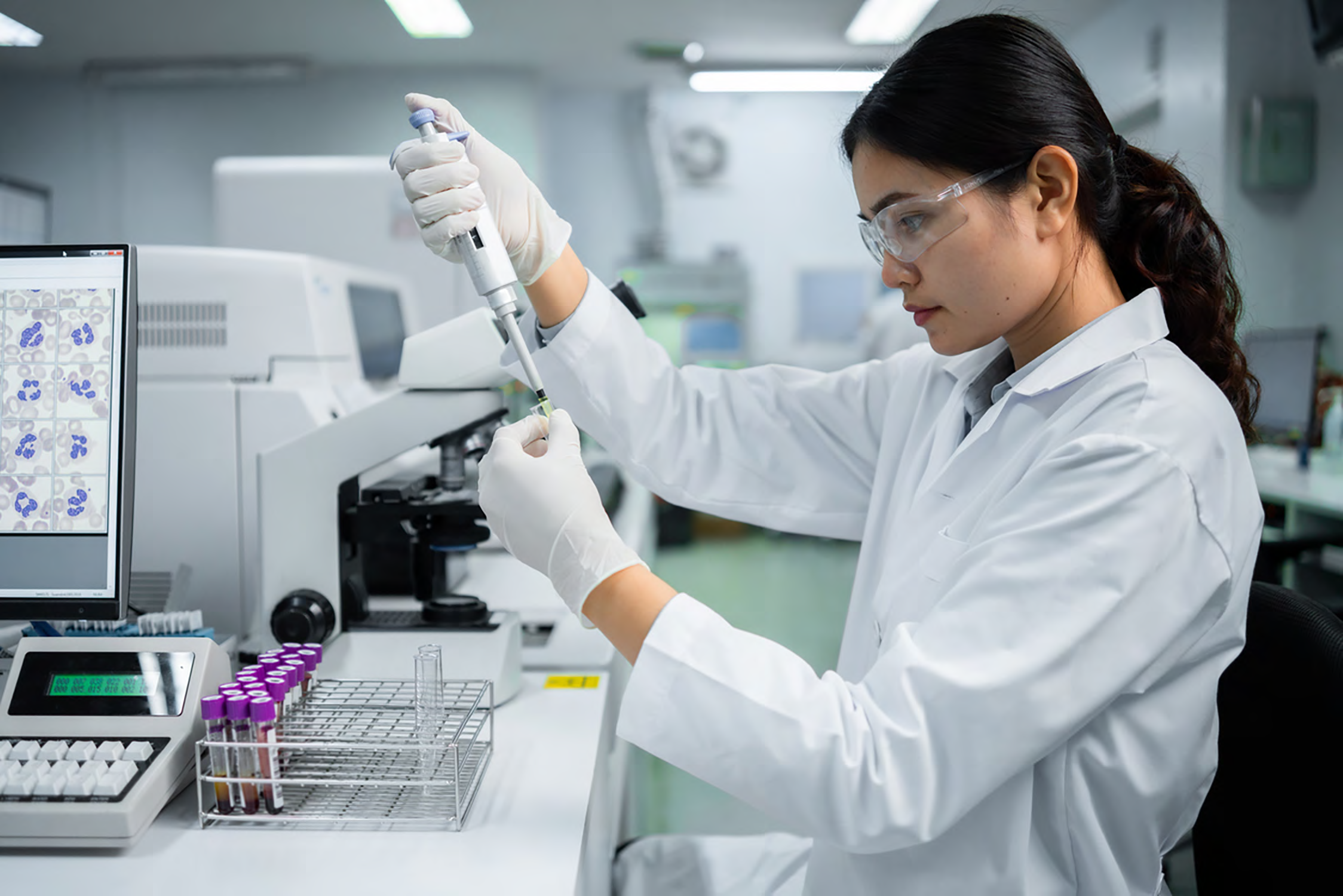Comprehensive Cancer Screening Package
What is included?
- Trucheck Intelli Whole-body blood test
- Whole-body MRI Scan
- Hereditary Cancer Test
Our Comprehensive Cancer Screening Package combines our three most comprehensive services to deliver an in-depth assessment of both your current health and future risk. This package includes the Trucheck Intelli whole-body blood test, a Whole-body MRI Scan, and our Hereditary Cancer Panel which includes 31 different genes and has been expertly curated using current literature and national testing guidelines to maximise clinical actionability, whilst minimising uncertainty. This multi-cancer panel targets genes associated with breast, ovarian, colorectal, prostate, melanoma, and pancreatic cancer.
Together, these advanced tests provide a powerful overview of your health. The Trucheck Intelli test detects circulating tumour cells that may indicate the presence of cancer at an early stage, while the Whole-body MRI Scan offers detailed, radiation-free imaging to identify structural abnormalities throughout the body. In addition, the hereditary cancer panel analyses your DNA to reveal genetic variants that may increase your predisposition to certain cancers.
This combination makes the Comprehensive Package an ideal way to begin your cancer screening journey—delivering clarity, reassurance, and actionable insights for proactive healthcare planning.
For Whom?
This package is most suitable for asymptomatic individuals over the age of 40, who are looking for a view of both their current health and future risk.









